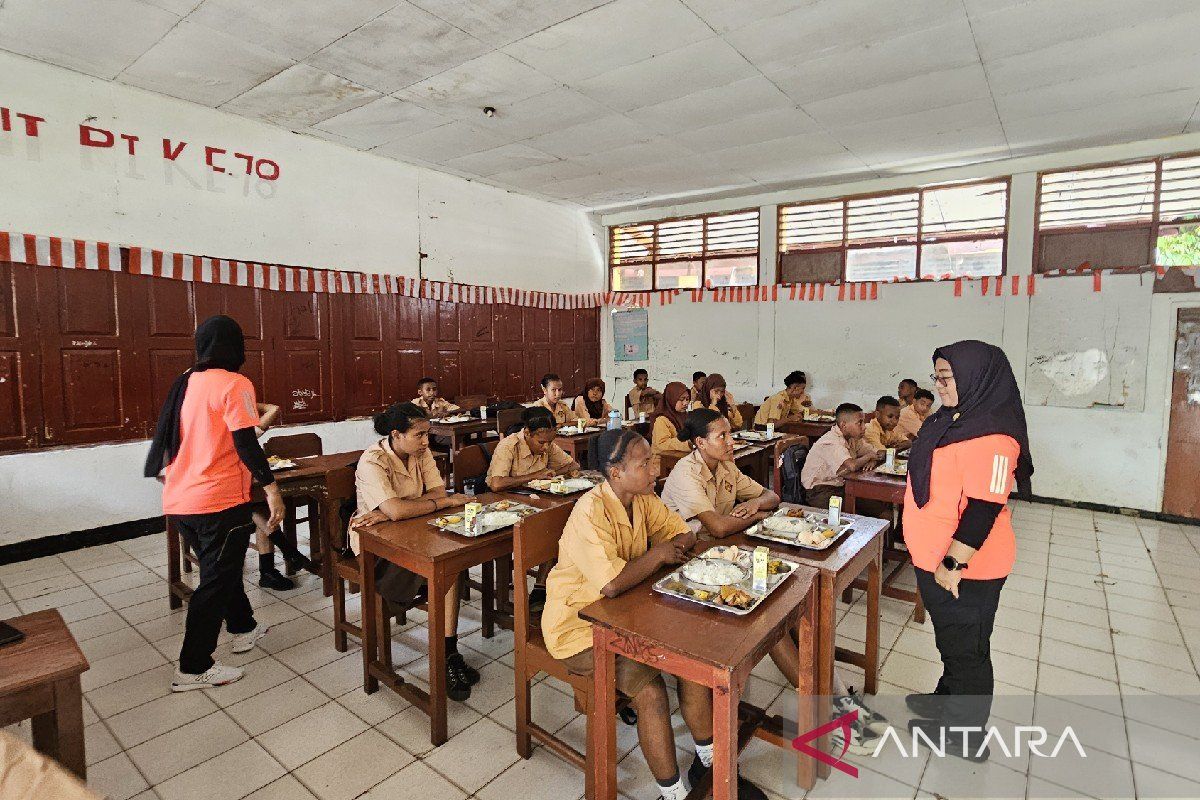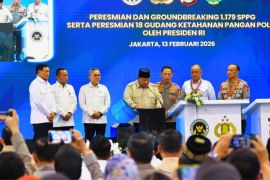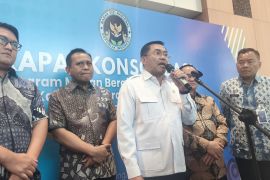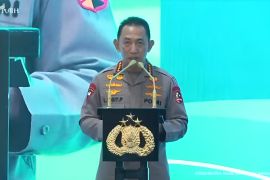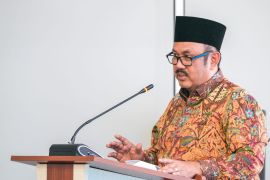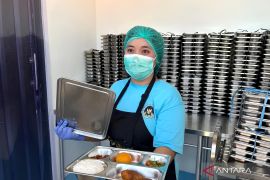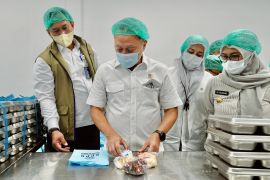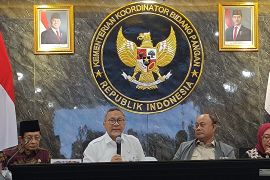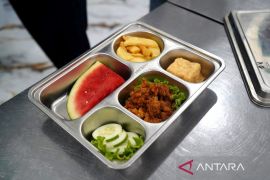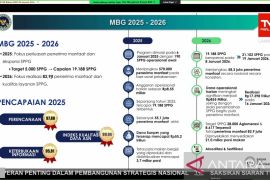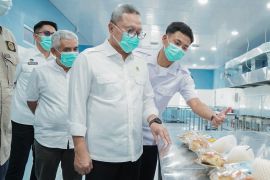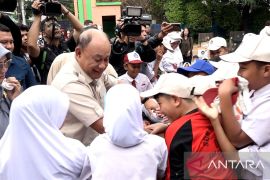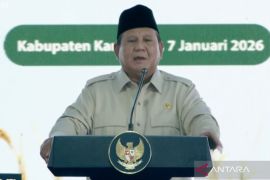MRP Chair Nerlince Wamuar Rollo said here on Friday that such a step is crucial to ensure the MBG program run by these foundations also contributes directly to improving the welfare of Papuan communities, particularly farmers.
“Based on our evaluations, we have found that some MBG foundations still source food from outside Papua. In fact, local produce is often more affordable and offers better opportunities for local farmers to become primary suppliers,” she explained.
She cited vegetables as an example, noting that prices are often higher when sourced from traders at the market compared to direct purchases from farmer groups, which can be cheaper and of higher quality.
“As we know, Papua has its own vegetable farmers, and this should be utilized by MBG foundations,” she added.
According to her, direct sourcing also ensures better and more stable income for farmers.
“If MBG kitchens purchase ingredients directly from farmer groups, it not only lowers costs but also provides farmers with reliable income,” she said.
Therefore, she urged foundations to explore cooperation with local farmer groups to promote the MBG program and economic empowerment of communities.
“In Jayapura and surrounding areas, there are many farmer and women’s groups ready to become the food ingredient suppliers. I encourage MBG foundations to review their procurement systems to better support local farmers,” she stated.
The MBG program was launched earlier this year, targeting not only school students, but also breastfeeding mothers, pregnant women, and toddlers.
President Prabowo Subianto earlier emphasized that MBG is not merely a social program, but a foundation for building a healthy, intelligent, and productive generation.
Related news: Papua: Free meals program covers 178 schools in Jayapura City
Related news: Indonesian govt ensures children's nutrition through MBG program
Related news: Free meals program reach 23,540 students in West Papua's Manokwari
Translator: Qadri, Kenzu
Editor: Azis Kurmala
Copyright © ANTARA 2025
